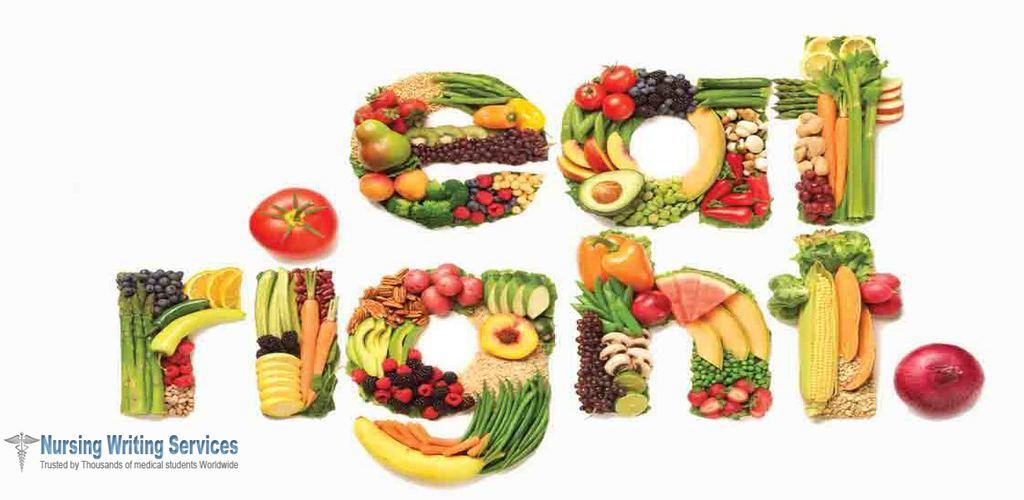
POSTPARTUM DIET AND WHAT IS RECOMMENDED
Women follow strict rules before conceiving to what they should consume and what not to indulge in for a period of nine months but there are guidelines to follow conceiving as this medical recommendation are absent.
Dr. Jennifer Lang an obstetrician-gynecologist says there is no recommended postpartum diet as especially if one is not breastfeeding. The body returns to normal, average dietary index recommendations.
Jennifer, a mother too wrote an entire book titled, “The Whole Nine Months,” not to talk about pregnancy alone but to also shed light to what experts believed to be the fourth trimester or after the first few weeks after giving birth.
She talks about food as a cornerstone of health and wellness to both the mother and her baby both in utero and out reiterating how nutrition can really make a difference.
Most Chinese mothers go through a period of confinement normally thirty days as a tradition in their country. The same is also practicedby Indian mothers and it is known as Zuo Yue Zi meaning “Sitting Month” in the Chinese tradition.
Chinese people find childbearing as a state that affects the normal balance between yin and yang. Echoed by the vice president of the Nursing and clinical services at the Association of Women’s Health, Obstetric and Neonatal Nurses, Elizabeth Rochin, views sit the month to restore that balance.
Mother’s are restricted to many activities including hygiene during this month. A ban on showering, washing hair and brushing teeth are some of the conditions need to be met by these women. They are also required to eat meals that are rich in protein, calcium,and iron plus also warm foods like soups.
Also see: Write My Nursing Paper For Me
The idea behind the warm meals is that they assist in replenishing what the mother lost during childbirth and support by bringing them back into balance.
Herbs, legumes are some of the diet staples that Indian women are confined to eating. A small study done in Singapore found that after conceiving, these types of meals help lessen a woman’s symptoms of postpartum depression and anxiety. Other traditions include avoiding fruits and vegetables like cucumbers and cabbages, increasing the intake of ghee for strength and muscle repairs.
Most of these traditions that some of the women in the U.S. also follow have been found to be culture-based than science-based according to a registered dietitian and director of nutrition at Montefiore Medical Center in New York City.
Although studies carried out on the Indian confinement diet is too minimal to apply to all women, a lot of experts do agree with what postpartum women eat also affects their mental well-being.
Dr. Lang did a few studies and found that whatever they eat affects their mental state and mood. Women in the United States have dietary recommendations that mostly focus on postpartum patients who are still breastfeeding advising them to take an extra five hundred calories per day while drinking lots of water.
One of the most common advice to new mothers according to Caroline, a dietitian and spokeswoman for the Academy of Nutrition and Dietetics, is that they should have well-balanced meals focusing on vegetables and fruits followed by lean protein and whole grains and dairy.
She echoes on why postpartum diet should be individualized as is done with pregnancy care by limiting food that may not be fit for your health but not eliminating an entire food group from their diet. Women should also give themselves ample time by not worrying about their weight especially if they are breastfeeding saying how the focus should be mainly put on the baby’s nutrition as they need to grow.

